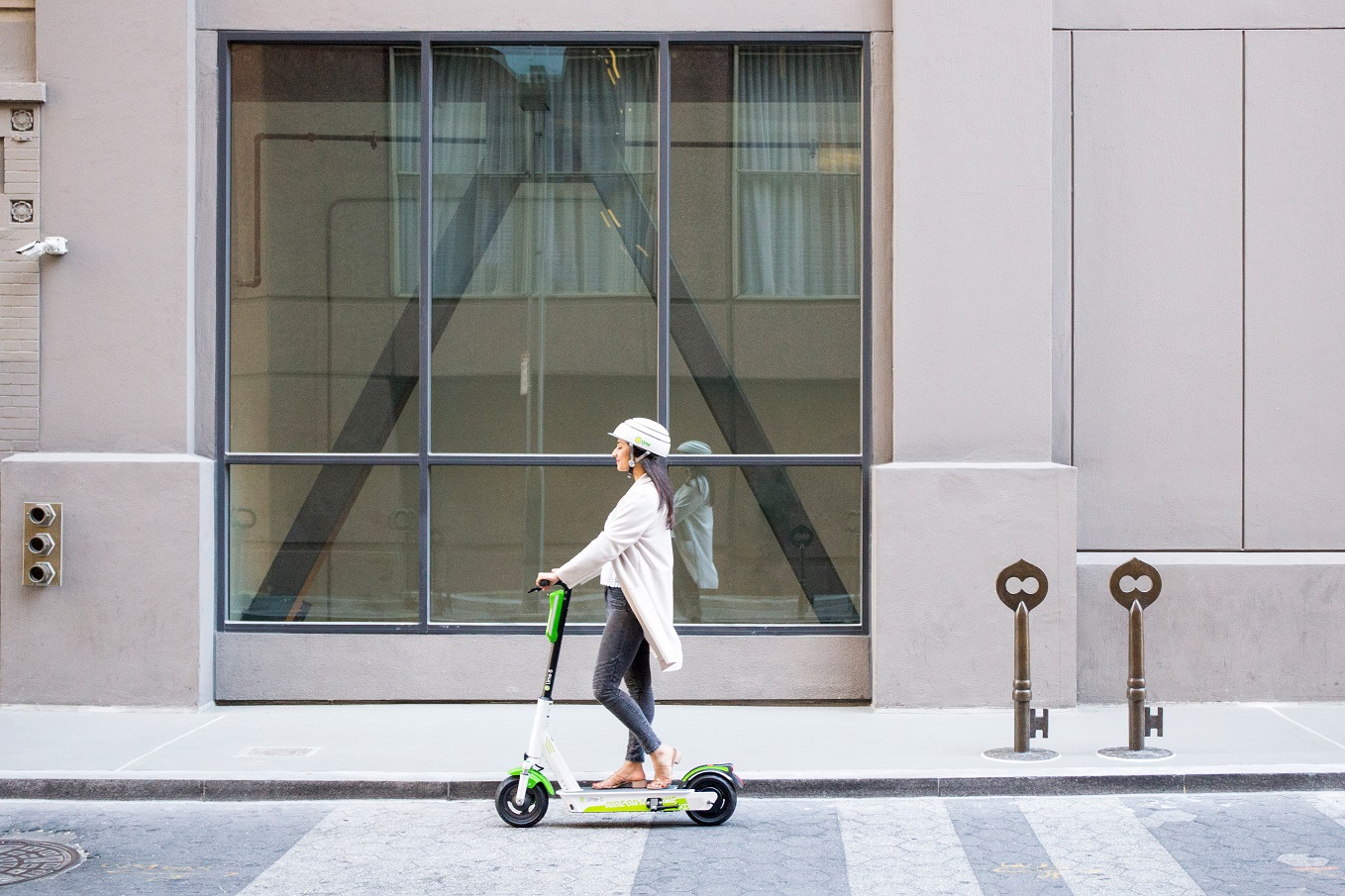Dockless e-scooters have exploded in popularity over the past year, popping up on city pavements across the world. The easy-to-use, pay-as-you-ride transportation offers residents and tourists an extremely attractive proposition: nimble travel at up to 30km/h, whenever you want it, with just the scan of a mobile application.
This rise seems unstoppable: Lime, a leader in the e-scooter market, recently announced an expansion to 80 cities worldwide, including London, Madrid, Paris, Sydney, Tel Aviv and Wellington. Even global taxi companies Uber and Lyft have entered the market.
But beneath the surface, trouble is brewing. Some analysts now predict 2019 will be the year the e-scooter’s astronomic growth slows – or collapses altogether.
Concerns have been emerging for some time about the safety of e-scooters. A recent investigation by US watchdog Consumer Reports found that between 2017 and early 2019 there had been over 1,500 scooter-related accidents in the US. Other studies found the e-scooters, although nowhere near as dangerous as cars, may be much more dangerous than cycling, walking, and other common ways of moving around a city.
And it gets bleaker: the BBC recently reported that 21-year-old Irish exchange student Mark Sands was killed whilst riding an e-scooter in Texas and colliding with an Uber car. This followed the scooter-related deaths of 20-year-old Carlos Sanchez-Martin, in Washington DC, and Jackoby Stonekin, in Dallas.
Such concerns have led to limits in cities across the world. Paris recently announced that e-scooters are banned from using pavements, and any riders caught doing so from September will be fined €135 ($150). As reported in CNN, France’s Transport Minister Elisabeth Borne admitted that the development of the e-scooters was “very rapid and a little anarchic” in the city, and the city wants to introduce measures to ensure pedestrians “no longer walk the pavements in fear of getting run down”.
Other cities have taken similar steps. Jenny Durkan, Mayor of Seattle, was quoted in the Seattle Times as saying her city’s refusal to permit the use of dockless scooter sharing companies was partly the result of safety concerns, which she said stood in stark contrast to the level of injury sustained when using dockless bikes.
The Seattle example also includes another challenge for the continued growth of e-scooters: many city laws do not allow scooters to ride on pavements or in bicycle lanes, suggesting dedicated lanes and other infrastructure would be required to avoid disrupting other forms of transport. Will areas around the world be willing to make such investment to bring order to a form of transport which is already a health concern for many?
There are also growing concerns about the viability of continued growth for e-scooter companies. Bird Rides Inc, another e-scooter champion, was the recipient of a whopping $400m in venture funds in the space of a few months in 2018, eventually seeing its valuation reach to $2bn. But the LA Times notes that the company didn’t grow in January 2019, and in March this year was forced to sack 5% of its more than 700-strong workforce.
The newspaper also found that the company’s attempts to rally — investing in a new custom scooter with a longer battery life and stronger construction, Bird Zero — do not seem to be attracting sufficient use to help the company break even on its investment.
All of which poses the question: will 2019 be the year cities force e-scooters off the road?
[shakers_mentioned]

